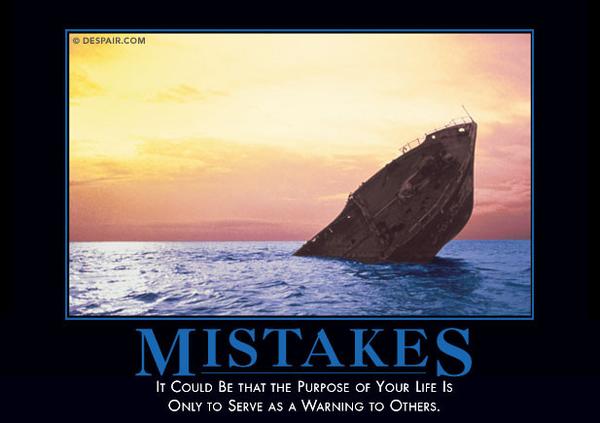The Long View: God's Plan for America

It is never prudent to completely dismiss the suggestion that the purpose of your life to serve as a warning to others. It may not be a leading hypothesis, but it is a possible one.
That being said, this essay contains John J. Reilly’s reflections on how Christians ought to relate to politics. This essay is brief, but only because John included most of his thought by reference, rather than repeating things he had already said.
Like all of us, John had particular political commitments and preferences, but I think he pointed toward something bigger than his party affiliation here.
God's Plan for America
That's the title of a column by Vox Day (hat tip to Brainbiter) where we read in part:
I do find it peculiar that there are so many people who make national politics a central part, if not the central point, of their theology. And I'm saying this as a member of the Christian right by blood; when Ralph Reed was in town with the Christian Coalition, he stayed at my parent's house.
Consider the state of the seven deadly sins in America...
There is, I suspect, an unconscious stream of omniderigence underlying the concept of divine American exceptionalism. Either God has inordinately blessed America because of the unique qualities of her inhabitants or because He has a special plan for America. The problem with the first possibility should be obvious in light of the character and behavior of said inhabitants; the problem with the latter is that it requires believing that the Christian God is responsible for the death of millions of unborn children, the establishment of transnational globalism and Paris Hilton.
Wise words (particularly "omniderigence"). One might point out that the United States could have been providentially preordained as an Awful Example, but I rather doubt that to be the case.
I see two issues.
The first is the status of politics and government in a Christian framework. I don't really find this problematical: all government is a divine institution, in the sense that legitimate authority comes from above. That by no means implies that all governments are or should be theocracies. However, there is a sacred, not merely prudential, obligation to participate in public life and not make a nuisance of yourself. Patriotism is a virtue. Get over it.
On the other hand, patriotism is not analytically the expression of the highest political loyalty. (In many eras in may be the highest available, of course). The common humanity of the human race implies natural standards of just treatment, which, as the human race interacts on a broader and broader scale, implies the establishment of ever more universal structures to ensure these standards. Dante famously argued that only a universal government could be altogether legitimate. The Catholic Church, after having skewered Dante (posthumously) for his inordinate affection for the Holy Roman Empire, has come around to an oddly similar point of view, in the sense that doctrine today asserts that certain sovereign prerogatives must, in the modern world, be reserved to supranational authorities.
This presents us with the second issue: the relationship between theodicy and macrohistory. If you accept that there is a tendency toward global unity, does that make the process a divine imperative? Contrariwise, is there an imperative to oppose it? (As C.S. Lewis once remarked, just because you have terminal cancer is no reason to be on the tumor's side.) For my part, I would suggest that this question tends to generate much the sort of category mistake that we see in sacralized environmentalism: anything as big as history or the atmosphere is presumed to be a theater of miracle and moral absolute.
Nonetheless, there is an level of loyalty that is ordinate to the ideal universal empire that Dante envisioned. For St. Augustine in the final generation of the Roman Empire, this loyalty was the highest form of patriotism he knew. Similarly, it would be possible to make the argument that some form of globalization merits devotion of this order, since the universal empire is also a divine institution, though most of the time it exists only virtually.
If you accept the neo-Spenglerian hypothesis that the United States is going to play the same role in the modern world that Rome did in Classical antiquity and Qin did in ancient China, then you might be able to formulate "God's Plan for America" in terms of the providential formation of a universal state at the end of the modern era; however, this development would be "providential" only at the level of natural providence, not as a matter of divine election.
In other words, somebody had to do it.
Copyright © 2006 by John J. Reilly
Support the Long View re-posting project by downloading Brave browser. With Both Hands is a verified Brave publisher, you can leave me a tip too!




Comments ()